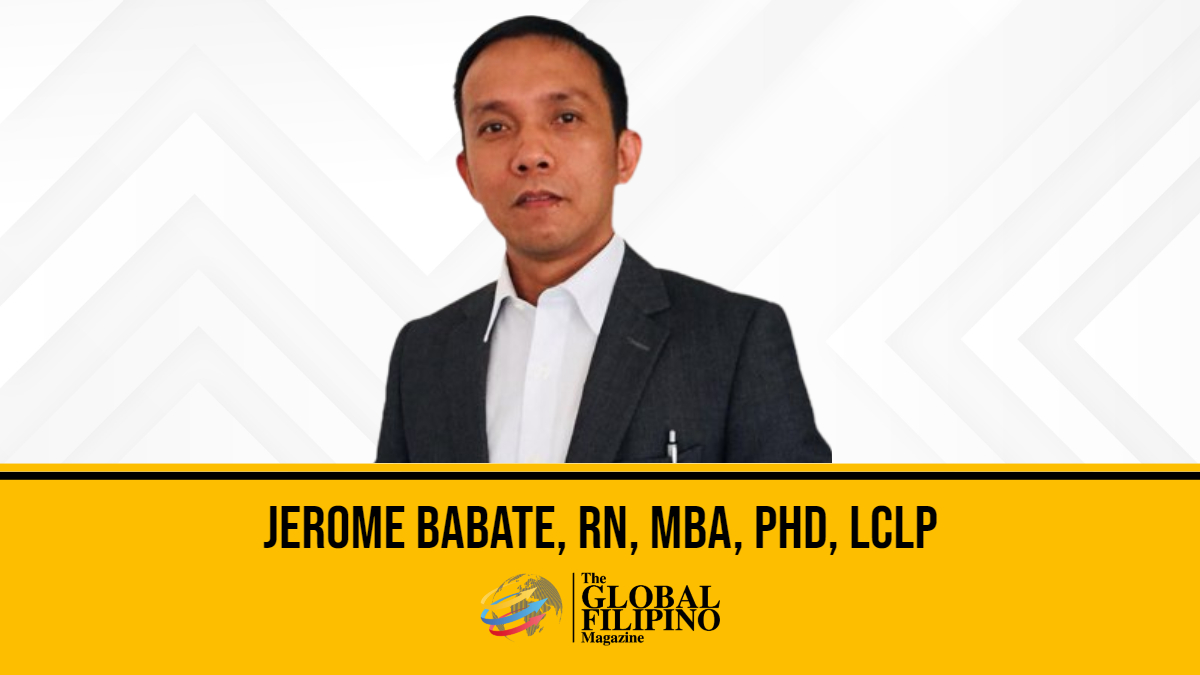Healthcare is a fundamental human right, essential for the well-being of individuals and societies. However, the sector is plagued by a pervasive issue: corruption. According to the World Health Organization, approximately $455 billion of the $7.35 trillion spent annually on healthcare worldwide is lost to fraud and corruption. This staggering amount highlights the immense scale of the problem and underscores the urgent need to address corruption within healthcare systems. Furthermore, a recent report by the Organisation for Economic Co-operation and Development (OECD) revealed that 45 percent of global citizens perceive the health sector as corrupt or very corrupt, a worrying trend that compromises not only healthcare access but also trust in the system.
In light of these alarming statistics, efforts to combat corruption in healthcare are more crucial than ever. Organizations like Health Systems Global (HSG), through their Accountability and Anti-Corruption Sustainable Development Goal (AAA-SDG) Thematic Working Group (TWG), have been instrumental in spearheading global initiatives to address this issue. The TWG’s work is an essential step towards improving accountability and transparency in healthcare, particularly in low- and middle-income countries (LMICs) where corruption is often more rampant due to inadequate systems of oversight and resource allocation.
The Global Call for Accountability
The importance of anti-corruption initiatives in healthcare cannot be overstated. When funds meant for public health are siphoned off by corrupt practices, the most vulnerable populations suffer the most. This is particularly true in LMICs, where the health sector often faces underfunding and inefficiency. Corruption diverts resources away from critical services such as maternal and child health, immunization programs, and basic healthcare infrastructure. It results in subpar services, health inequalities, and weakened trust in health institutions.
In response to this challenge, Health Systems Global has created a platform for global health experts, policymakers, and civil society organizations to share knowledge and collaborate on effective anti-corruption strategies. Through their work, the AAA-SDG TWG is focused on generating new insights and solutions to reduce corruption across healthcare systems. Their efforts aim not only to raise awareness of the scale of the problem but also to engage diverse stakeholders in finding practical solutions to improve governance, transparency, and accountability in health systems worldwide.
HealthCost Transparency: A Winning Solution
I am deeply honored to have been recognized as the first-place winner of the international crowdsourcing competition organized by the AAA-SDG TWG at the Health Systems Research Symposium (HSR 2024) in Nagasaki, Japan. My proposal, HealthCost Transparency, aims to tackle one of the key drivers of corruption in healthcare—lack of transparency in healthcare financing and pricing.
The idea behind HealthCost Transparency is simple but powerful. It proposes the implementation of an accessible, real-time platform that provides clear, itemized breakdowns of healthcare costs, including both public and private sector expenditures. By making pricing information publicly available, patients, policymakers, and health institutions can better monitor and evaluate spending. This transparency empowers individuals to make informed decisions about their healthcare, while also holding healthcare providers accountable for their pricing practices.
The proposed HealthCost Transparency model has the potential to be transformative, especially in LMICs such as the Philippines. In these countries, the lack of transparency in healthcare costs often results in inflated prices, unchecked fraud, and inefficient allocation of resources. In places like the Philippines, where healthcare accessibility remains a challenge, introducing a transparency framework can help reduce financial barriers and ensure that funds are used efficiently. Furthermore, with greater public access to healthcare cost data, citizens can demand accountability, pushing for reforms and reducing the opportunity for corruption.
A Movement Towards Systemic Change
Winning the crowdsourcing competition was not just a personal achievement; it highlighted the growing global movement towards tackling corruption in healthcare. However, for this movement to gain substantial traction, it must be embraced by multiple sectors, including the academe, civil society, and government. Anti-corruption initiatives in healthcare should become a mainstream part of academic discourse, particularly in health policy and public administration programs. Integrating these themes into university curricula will ensure that future leaders in healthcare systems are equipped with the knowledge and tools to fight corruption from the outset of their careers.
Moreover, civil society organizations, advocacy groups, and the public at large must be part of the movement. Transparency initiatives like HealthCost Transparency must not only be adopted but actively supported by communities and healthcare professionals alike. For it to succeed, there needs to be a collective effort from all sectors of society. Just as public health initiatives have gained momentum through grassroots efforts, anti-corruption movements in healthcare will require a similar groundswell of support. We need to empower individuals to not only understand the cost of their healthcare but also to actively demand transparency and accountability from their health systems.
Hope for the Future
As I reflect on the growing importance of anti-corruption efforts in healthcare, I am hopeful for the future. The work being done by the AAA-SDG TWG, alongside innovative solutions like HealthCost Transparency, is a step in the right direction. By empowering individuals, promoting transparency, and engaging global stakeholders, we can create a movement that fundamentally shifts the way healthcare systems operate.
In the coming years, I envision a world where anti-corruption measures in healthcare are no longer a niche focus but a mainstream priority. This will not only improve the efficiency and equity of healthcare systems but also rebuild trust between citizens and the institutions meant to serve them. I am proud to be part of this movement and hopeful that initiatives like HealthCost Transparency will inspire future generations of leaders, activists, and professionals to work toward a more transparent and accountable healthcare system for all.






